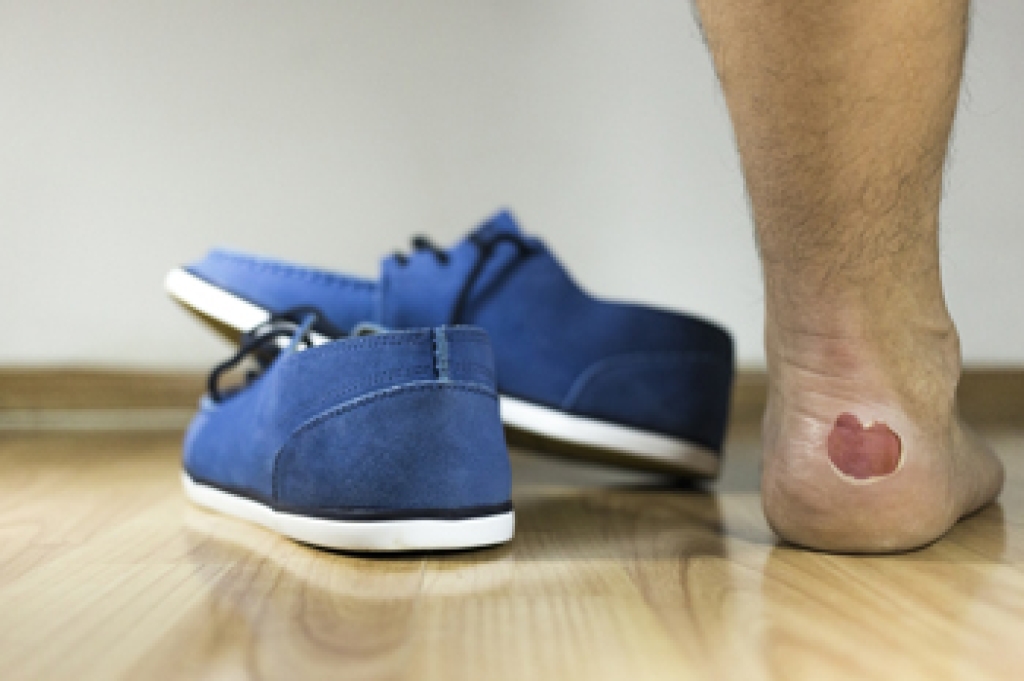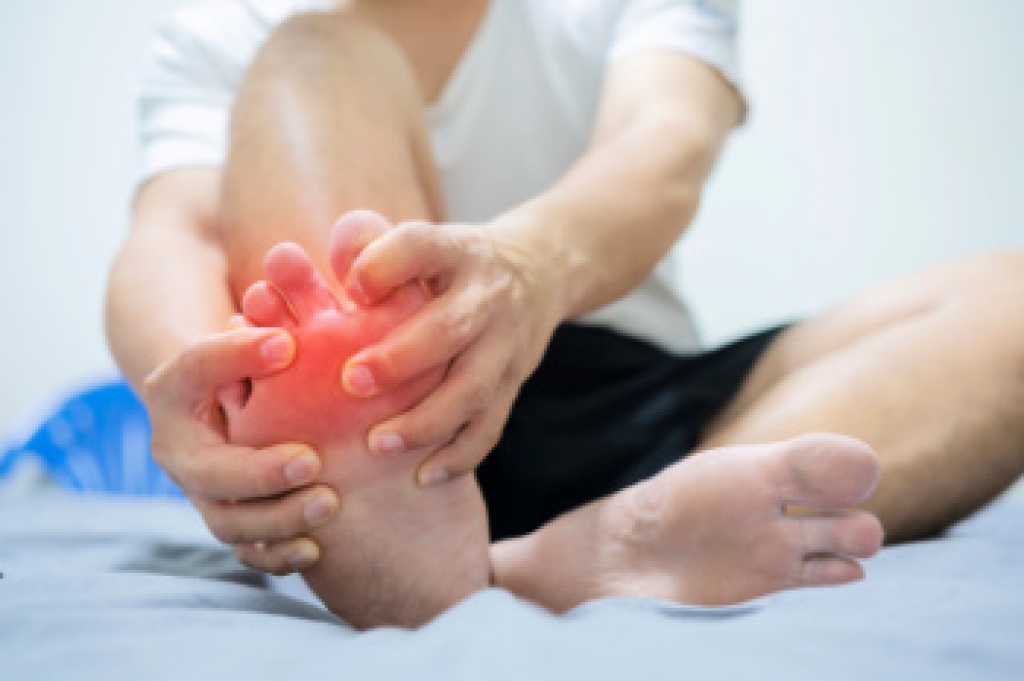
A sprained ankle in volleyball is a common injury caused by landing awkwardly from a jump or quickly changing direction on the court. It occurs when the ligaments that support the ankle are stretched or torn beyond their normal range. A first-degree sprain involves mild stretching of the ligaments with slight pain and swelling. A second-degree sprain includes partial tearing leading to increased pain, swelling, and instability. Additionally, a third-degree sprain is a complete ligament tear causing significant pain, swelling, and loss of ankle support. A podiatrist can help by accurately diagnosing the severity, providing proper treatment, and guiding rehabilitation to restore strength and stability. If you have sprained an ankle while playing volleyball, it is suggested that you consult a podiatrist who can offer the best treatment for you, enabling you to return to playing again as soon as possible.
Ankle and foot injuries are common among athletes and in many sports. They can be caused by several problems and may be potentially serious. If you are feeling pain or think you were injured in a sporting event or when exercising, consult with one of our podiatrists from Mercer Ocean Podiatry. Our doctor will assess your condition and provide you with quality foot and ankle treatment.
Common Injuries
The most common injuries that occur in sporting activities include:
- Achilles Tendonitis
- Achilles Tendon Rupture
- Ankle Sprains
- Broken Foot
- Plantar Fasciitis
- Stress Fractures
- Turf Toe
Symptoms
Symptoms vary depending upon the injury and in some cases, there may be no symptoms at all. However, in most cases, some form of symptom is experienced. Pain, aching, burning, bruising, tenderness, tightness or stiffness, sensation loss, difficulty moving, and swelling are the most common symptoms.
Treatment
Just as symptoms vary depending upon the injury, so do treatment options. A common treatment method is known as the RICE method. This method involves rest, applying ice, compression and elevating the afflicted foot or ankle. If the injury appears to be more serious, surgery might be required, such as arthroscopic or reconstructive surgery. Lastly, rehabilitation or therapy might be needed to gain full functionality in the afflicted area. Any discomfort experienced by an athlete must be evaluated by a licensed, reputable medical professional.
If you have any questions please contact our office located in Toms River, NJ . We offer the newest diagnostic and treatment technologies for all your foot and ankle needs.




